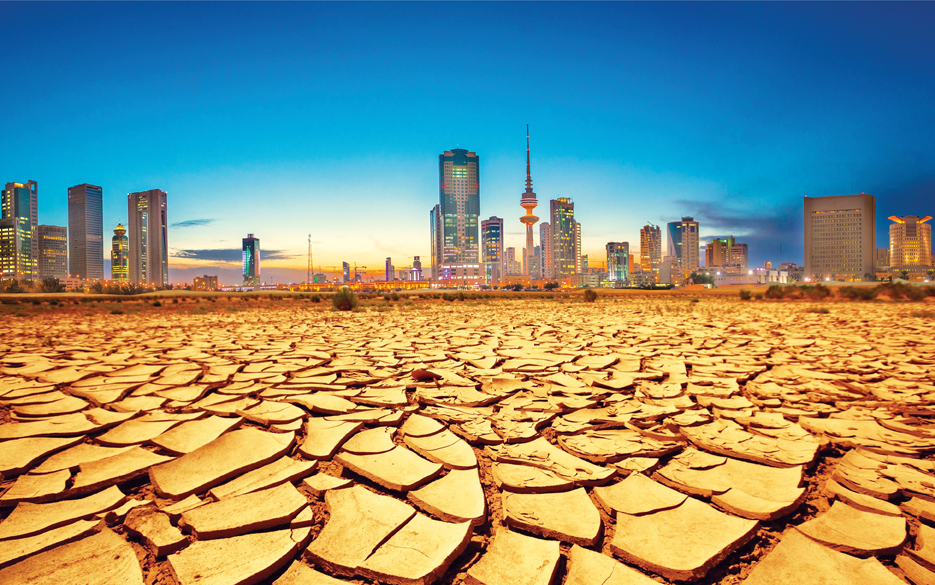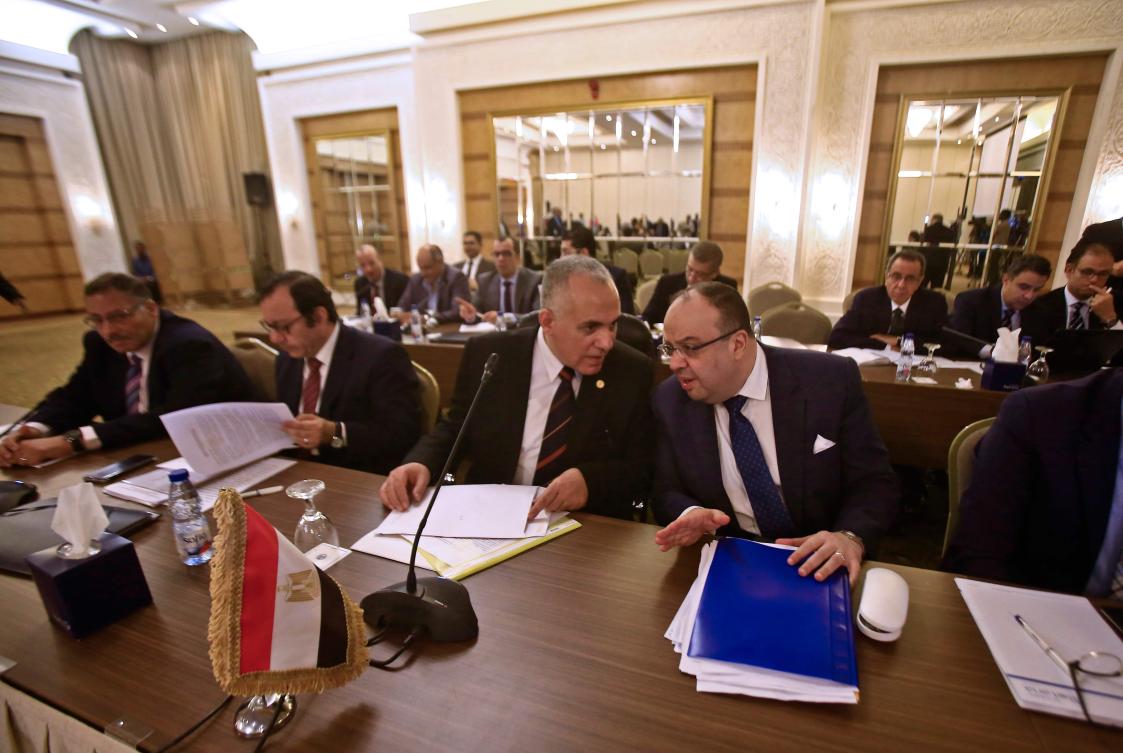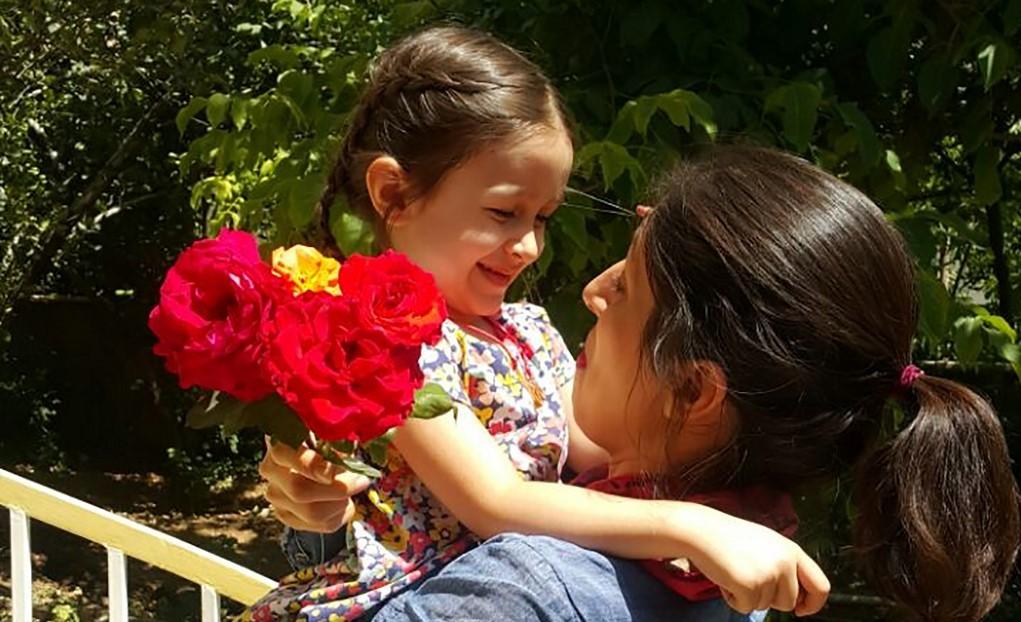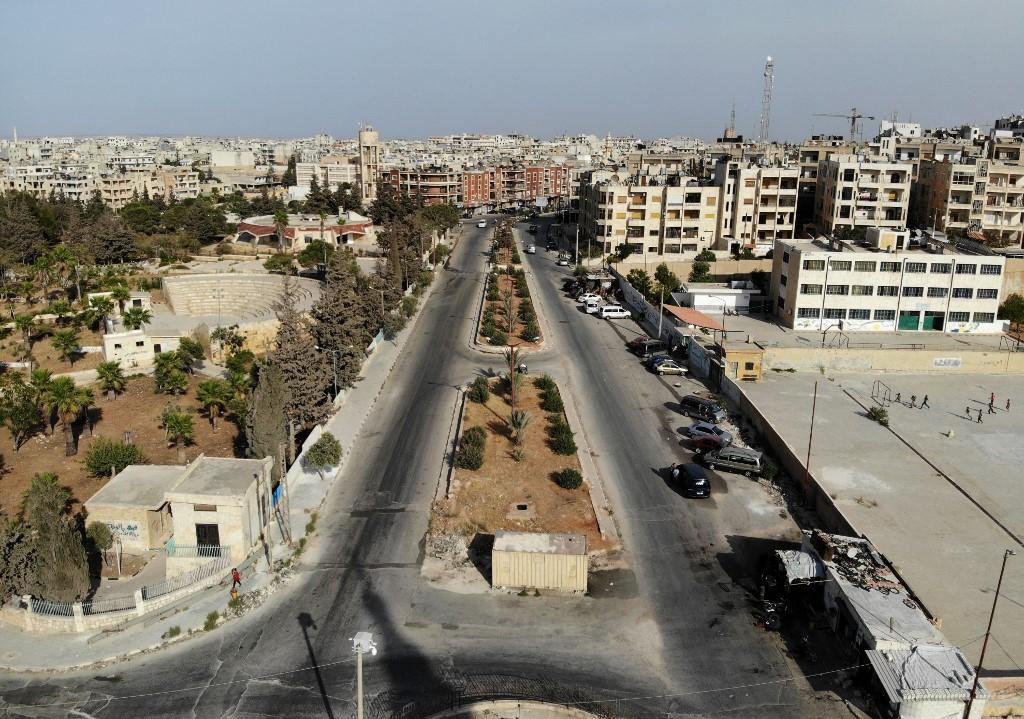Why Middle East publics have mixed views on climate change
DUBAI: A majority of people in 28 countries believe that climate change will result in serious global economic damage, rising sea levels endangered cities, mass displacement of people and even wars, a YouGov poll has found.
But the survey of 30,000 people has revealed noticeable differences in attitudes between East and West.
People in Eastern and Middle Eastern countries are much more likely than those in the West to believe that climate change will have a serious impact, according to the poll.
In the Middle East, the survey polled public opinion in Egypt, Saudi Arabia, the UAE, Bahrain, Kuwait, Oman and Qatar.
“Climate change may never before have been as firmly fixed in the public consciousness as it is today,” said the YouGov report.
“That climate change is happening and that humanity is at least partly responsible is a view held by a majority across
the world.”
Yet only 47 percent of respondents in the UAE and 39 percent in Saudi Arabia believe that they or their country could take more action on climate change.
“The area of concern that stands out for the Middle East in general is the proportion of respondents in the region who believe either they or their country could be doing more to combat climate change,” Scott Booth, head of data products and services at YouGov MENA, told Arab News.
“Less than half of respondents in the region thought they or their country could be doing more,” he said. “In all cases, a lower proportion thought they themselves could be doing more to tackle climate change.”
“Unfortunately, this may reflect an attitude in the region that while climate change is a problem, it’s not ‘our’ problem. The likely impact, and thereby the onus for action, has been placed elsewhere.”
When asked to describe their views about the global environment, 52 percent of UAE respondents said they believe that the climate is changing and human activity is mainly responsible. Similarly, 42 percent of Egyptians stated the same, followed by 35 percent in Saudi Arabia.
Western countries such as Spain and Italy show a substantially larger proportion (69 percent and 66 percent, respectively) believing that climate change is due to human activity.
A further 7 percent of Egyptian and Saudi residents said the climate is changing but human activity is not responsible at all, while 6 percent of UAE respondents had the same opinion.
Of the countries included in the poll, these figures are only the same or higher in the US (10 percent), Norway (8 percent) and Sweden (6 percent).
Overwhelmingly respondents in the Middle East said they believe that the climate is changing and that it is mainly or partly due to human activity.
FAST FACTS
- 39% – Saudi respondents who believe they or their country could do more on climate change.
- 35% – Saudi respondents who believe the climate is changing and human activity is mainly responsible.
- 75% – Saudi respondents who believe climate change will affect their lives substantially.
But Booth said that the issue of acknowledgement of climate change as a human problem is more pronounced in the Middle East.
Seven of the 10 countries where respondents were most likely to call climate change a human-caused issue are in South or Southeast Asia, compared with only one in the Middle East.
“Generally, the data would suggest that the GCC (Gulf Cooperation Council) and Saudi Arabia are getting the message that the climate is changing, and they’re beginning to believe this change is largely human-caused,” Booth said.
“One area where respondents in the Kingdom stand out from the rest of the GCC is in perceived impact, with only three-quarters (76 percent) of Saudi respondents saying climate change will affect their life at least a fair amount.”
Muhammad Ishfaq, a senior economic analyst with the Dubai government’s finance department, told Arab News: “It was a general perception, before cities grew and urbanization started, that nature was the main cause of climate change.
“Most Middle Easterners still believe nature is the main cause of climate change, as a big part of Saudi Arabia and the UAE was originally populated by nomadic people who experienced only rural development.”
He added: “Western countries experienced industrialization and urbanization much earlier than the Middle East.”
But Ishfaq said the perception is changing as industrialization and urbanization in the UAE, a limited agriculture base and low precipitation are accentuating the effects of climate change.
“The frequency and nature of dust storms in the UAE may change the future perception about nature and the causes of climate change as human or natural,” he added.
For the Middle East, described by the World Bank last year as “the most water-scarce in the world,” acknowledging and acting on the implications of climate change may be critical to the region’s future.
When respondents were asked to indicate who they think is responsible for the current situation with climate change, the study showed a general divide between regions.
Asian and Pacific people generally held international bodies accountable, while Middle Eastern respondents saw the governments of wealthy nations as responsible. More respondents in the US and Europe believe that businesses and industry are to blame.
Overall, the finger was pointed primarily at China and the US, with India further away in third place.
Booth said education is the main obstacle to wider acceptance by Middle Eastern populations that they or their country could be doing more on climate change, as is the case when “trying to get people anywhere in the world to consider and address a problem that doesn’t immediately and obviously impact their daily lives.”
But he added that education will have a limited impact so long as the problem appears unlikely to affect people’s lives directly.
“Another solution is to create a financial incentive for behaviors that combat the issue: Excise taxes can punish behaviors that are deemed damaging, while credits promote behaviors that positively affect the issue,” he said.
“For example, we may place an excise tax on gasoline and diesel fuel, while offering a credit for driving an electric vehicle.”
Ishfaq said water and land resources in the Middle East are under stress due to increasing industrialization and tourism.
“Rapid urbanization is becoming a major challenge for more food, larger greenhouse gas emissions, and social and energy security,” he said.
“For instance, with a growing population’s food requirements needing to be met, the UAE experiences overfishing and overgrazing, and waste is reaching (critical) levels.
“Meanwhile, the exploitation of oil and gas generates wealth but destroys environmental habitat.
“It’s essential for decision-makers and local populations to understand the modality of climatic trends in the Middle East.”
While some findings of the YouGov survey make for gloomy reading, the good news, as the report notes, is that “the public has faith that the worst effects of climate change can still be averted (and) that dramatic action will be needed in order to do so.”

WFP and Saudi Arabia jointly tackling hunger, climate change in AfricaNew climate report: Oceans rising faster, ice melting more





